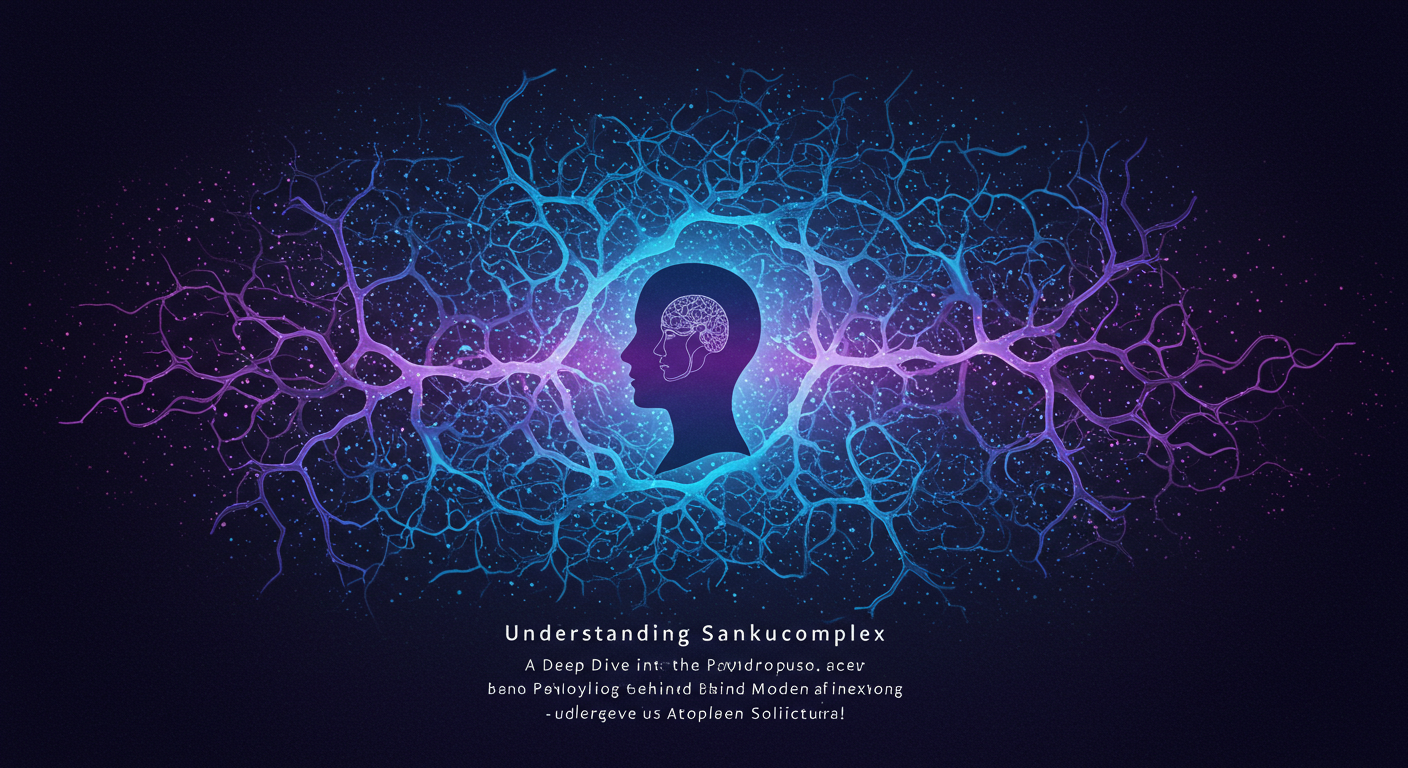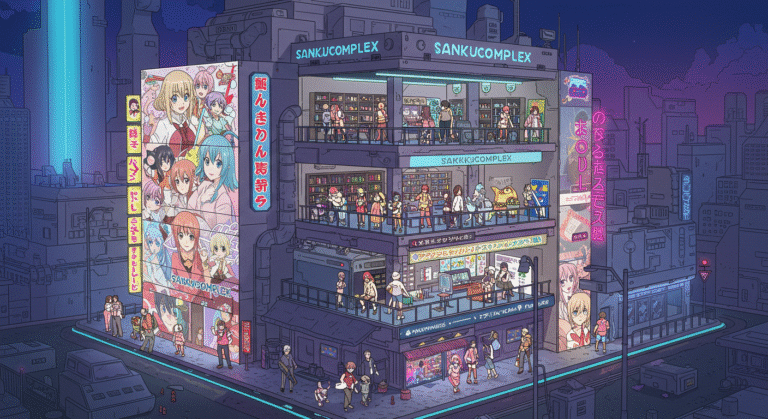Understanding Sankkucomplex: A Deep Dive into the Psychology Behind Modern Solitude
In a world where digital interaction shapes personal identity and relationships, the term sankkucomplex has started to emerge as a reflection of modern emotional challenges. Though relatively new, sankkucomplex is becoming a significant concept among online communities, particularly among young adults navigating solitude, self-worth, and relationship expectations.
At its core, sankkucomplex describes a psychological state tied to being single, yet it goes beyond simply not having a partner. It represents the emotional turbulence, self-reflection, and societal pressure individuals experience when they are not romantically involved in a world that often glorifies couples.
The Etymology and Emergence of Sankkucomplex
The word sankkucomplex appears to be rooted in a combination of the Japanese slang term “sankku” (meaning “single”) and the English word “complex,” used here to signify a deep-rooted emotional or psychological concern. The fusion of these words gives birth to an idea that encompasses both internal conflict and cultural commentary.
Initially gaining traction in online forums and social networks, sankkucomplex has grown into a niche yet powerful phrase to express feelings of inadequacy, frustration, or even identity crisis related to being single in a hyper-social world.
Why Sankkucomplex Resonates with the Digital Generation
Social Media and the Illusion of Connection
One of the biggest influences behind the rise of sankkucomplex is the overwhelming presence of social media. Platforms like Instagram, TikTok, and Facebook often portray idealized versions of romantic relationships. From engagement photos to “couple goals” videos, users are inundated with curated images of love and companionship.
For individuals who are single, this can lead to:
-
Self-comparison
-
Anxiety about not “keeping up”
-
Questioning personal worth or desirability
-
A sense of exclusion from society’s perceived norms
Sankkucomplex captures these emotions succinctly, offering a relatable lens through which people can express and explore these feelings.
Cultural Expectations and the Pressure to Pair Up
In many cultures—especially in Asia, but also globally—being in a relationship is often seen as a milestone or a requirement. Family gatherings, social rituals, and even workplace discussions can carry subtle (or direct) reminders that being single is not the norm.
This constant pressure creates emotional strain, where:
-
Single individuals feel judged or incomplete
-
Romantic failure feels personal and public
-
Independence is mistaken for loneliness
Sankkucomplex validates these experiences and provides a psychological framework for processing them.
The Psychological Layers of Sankkucomplex
Emotional Conflicts
People experiencing sankkucomplex often navigate a duality: they value independence but struggle with the emotional toll of being alone. This can include:
-
Fear of missing out on love
-
Frustration with failed attempts at dating
-
Anxiety over growing older while single
-
Feelings of being “left behind” as peers marry or start families
These aren’t surface-level concerns; they are rooted in deep emotional patterns influenced by societal conditioning.
Internalized Shame and Self-Perception
Another critical aspect of sankkucomplex is the internal narrative people create. For some, being single may be seen as a personal flaw rather than a neutral or even empowering life choice. This leads to:
-
Lowered self-esteem
-
Avoidance of social events
-
Overcompensation through career or hobbies
-
Negative self-talk
By naming this experience, sankkucomplex allows individuals to begin the process of reframing their self-image in healthier ways.
How Online Communities Are Reclaiming Sankkucomplex
While sankkucomplex highlights emotional discomfort, it has also become a term of empowerment in some digital spaces. Online forums like Reddit, Discord, and even Twitter hashtags like #sankkucomplex are filled with individuals sharing their journeys, laughing at shared frustrations, and offering support.
These communities:
-
Normalize singlehood
-
Challenge societal pressures
-
Promote emotional resilience
-
Encourage friendships and self-love
Through humor, storytelling, and mutual understanding, users are reshaping sankkucomplex from a term of shame into one of solidarity.
Not Just a Meme: Sankkucomplex as Social Commentary
Though sankkucomplex often appears in meme culture, its implications are far from trivial. It serves as a mirror to contemporary values and reveals:
-
How deeply society ties identity to romantic success
-
How media distorts relationship ideals
-
The psychological cost of always feeling “incomplete” without a partner
By acknowledging these issues, opens the door to broader conversations about mental health, societal expectations, and the diverse forms of happiness.
Moving Beyond Sankkucomplex: Embracing Solo Empowerment
Ultimately, can be the first step in a longer journey toward acceptance and growth. As individuals gain awareness of their emotions, they can choose new narratives—ones that celebrate autonomy, personal growth, and emotional intelligence.
Ways to navigate and transcend sankkucomplex include:
-
Therapy or mental health counseling
-
Building platonic support networks
-
Journaling and self-reflection
-
Engaging in meaningful, passion-driven activities
Being single doesn’t have to mean being unfulfilled. And understanding is a key step toward unlocking that realization.
Conclusion: Sankkucomplex Reflects the Emotional Reality of a Generation
The term sankkucomplex may be modern slang, but the feelings behind it are timeless. It gives voice to a complex blend of loneliness, expectation, and identity that many people—especially in the digital age—experience silently. As the world continues to evolve, concepts like help us articulate these emotional undercurrents with honesty and empathy.
By embracing and understanding , we make space for more inclusive conversations around love, identity, and the value of personal choice.







